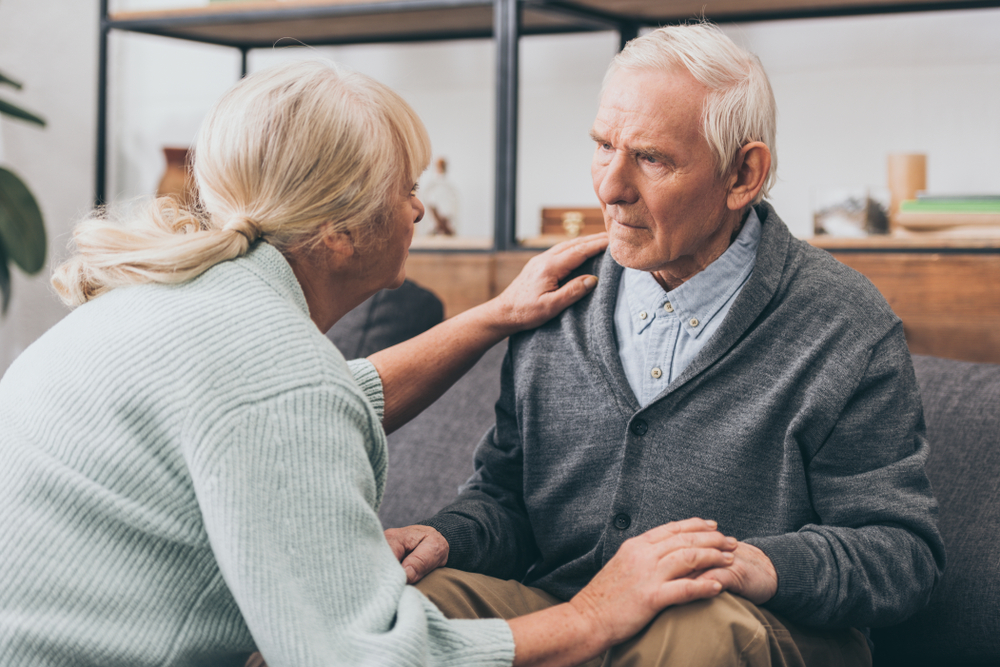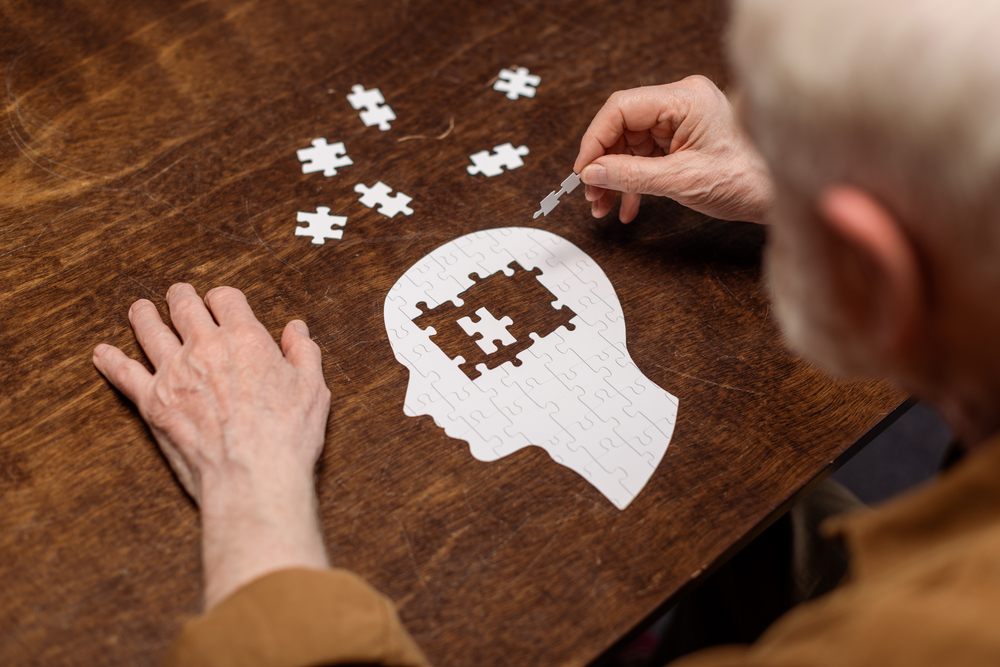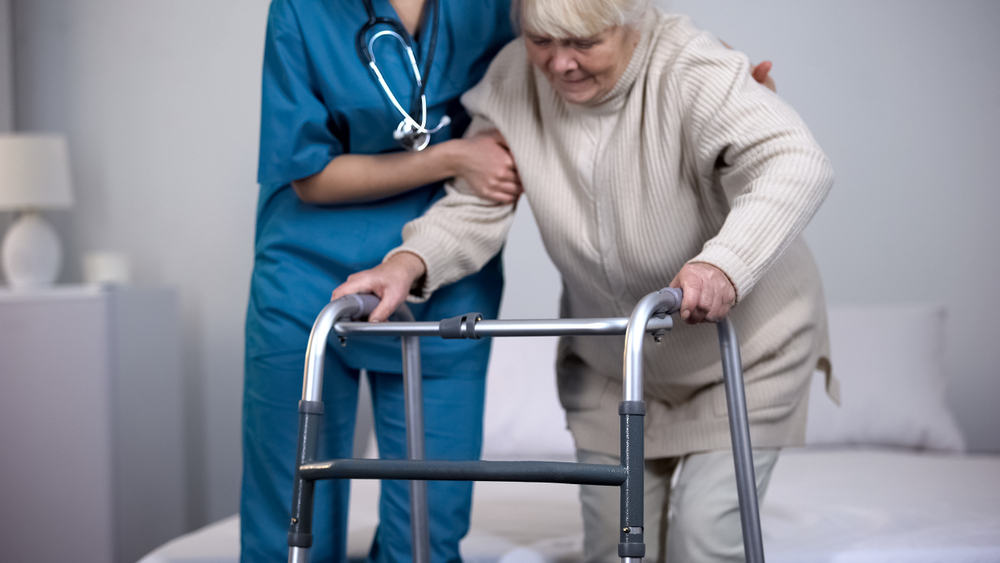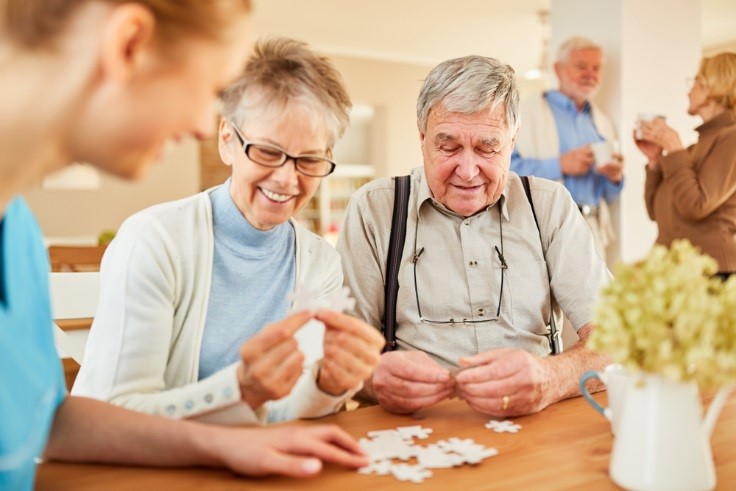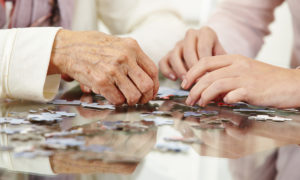Communicating with a senior who’s experiencing memory loss or dementia can be a challenging or frustrating experience, but it’s a must to maintain a meaningful social connection. Your loved one might not only struggle to recall recent events but also find it difficult to follow conversations or find the right words to express themselves. In this month’s blog, we’ll share some tips to help you communicate with empathy with your loved one and to make communication easier for them.
Shift to Elderspeak
Elderspeak is a communication style that involves using a softer tone, simpler language, and respectful terms of endearment. But don’t use it to a fault as it can be harmful for seniors. Simply put, avoid complex sentences that may confuse or overwhelm them. Use short and straightforward sentences to help facilitate understanding and help determine if your loved one needs help.
Related: Learn more about signs your aging parents need immediate help at home here.
Maintain a Calm and Positive Tone
The tone and demeanor you adopt during conversations can greatly impact the person’s emotional state. It’s crucial to maintain a calm and positive tone, even if they struggle to remember or express themselves. Avoid getting frustrated or correcting them constantly; instead, show patience and understanding. Your positive energy and reassuring attitude can create a safe and comfortable environment for open communication especially if your loved one is a dementia patient.
Related: Learn more about how to catch early signs of dementia in seniors here.
Use Visual Cues and Non-verbal Communication
When words fail, visual cues and non-verbal communication can play a significant role in conveying your message. Use gestures, facial expressions, and body language to enhance understanding. Pointing to objects or using pictures can help illustrate your point and trigger memories. Non-verbal cues can often convey emotions and intentions more effectively than words alone, facilitating a deeper connection.
Conclusion
If you’re loved one is a dementia or Alzheimer’s patient, rely on Home Instead Senior Care for compassionate care. Our trained caregivers specialize in providing compassionate and person-centered care for seniors with cognitive impairments. Contact us at (910) 342-0455 or visit our website at homeinstead.com for more information. We are here to support you and your family on this journey of caring for your loved one with memory loss.


